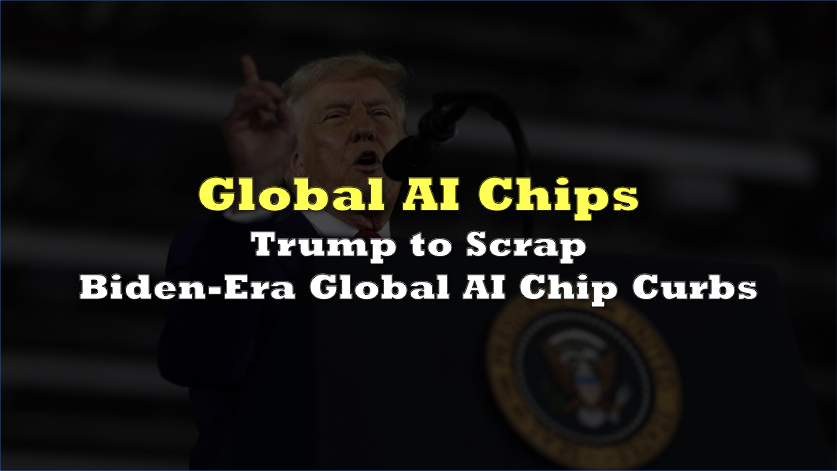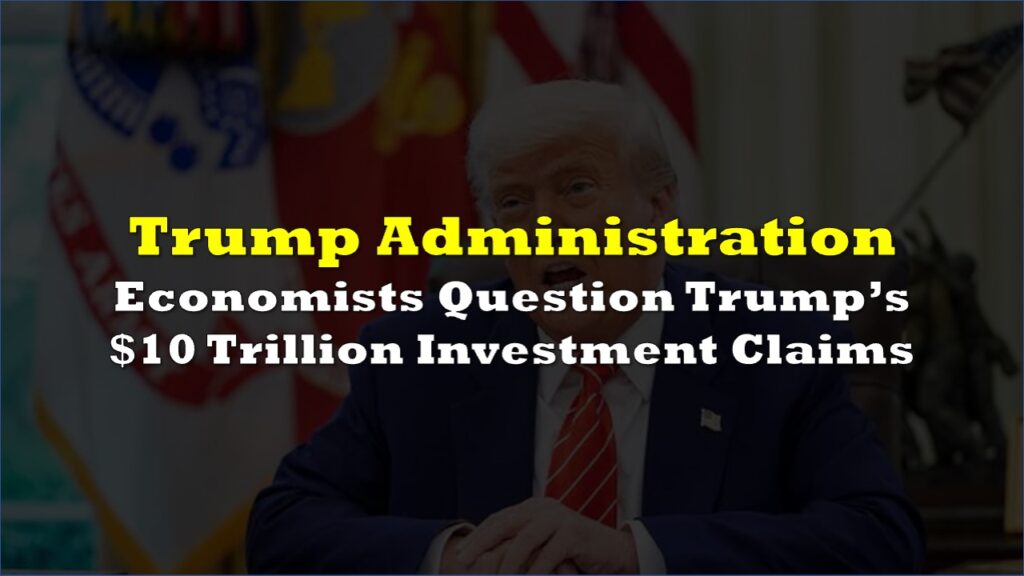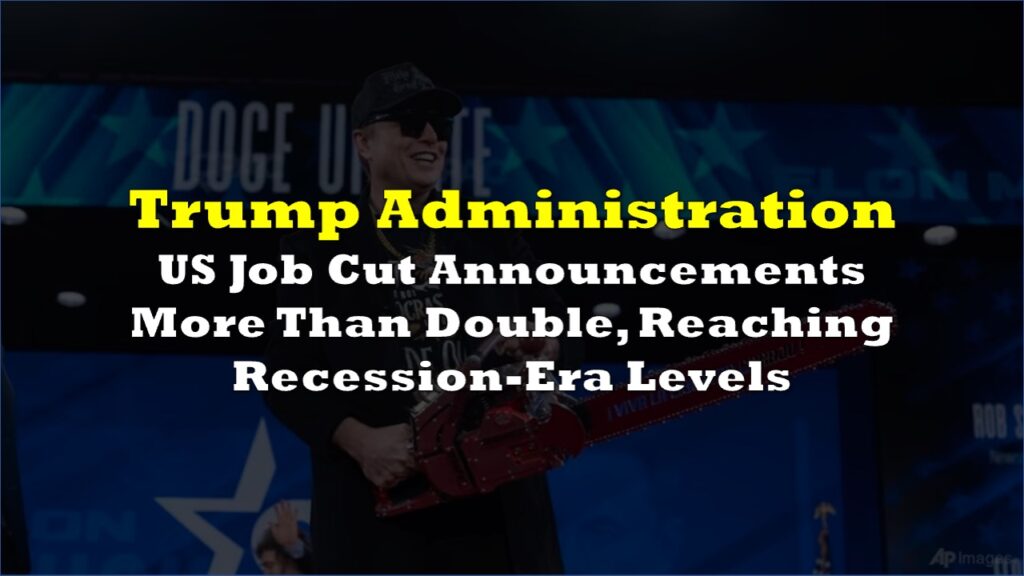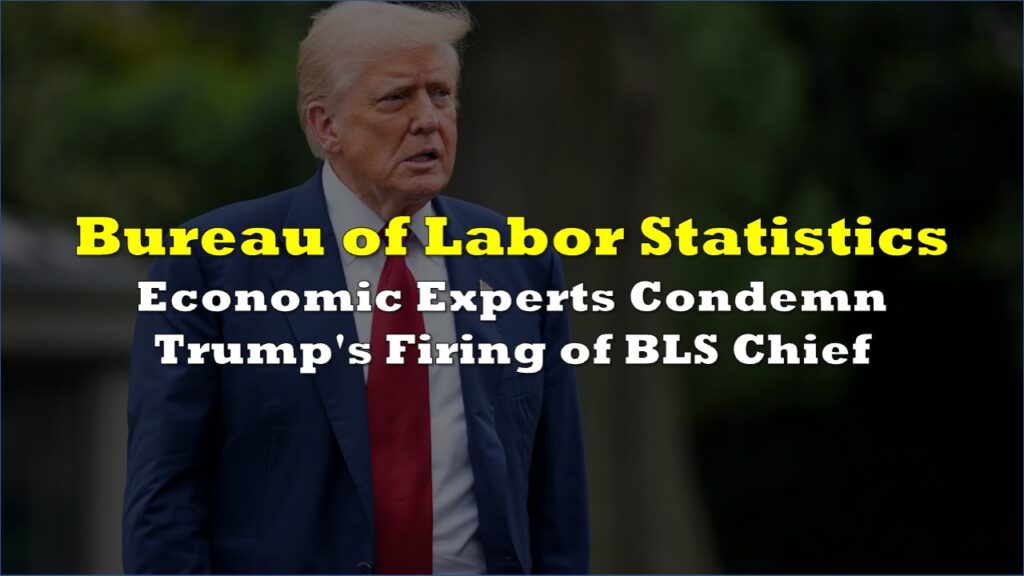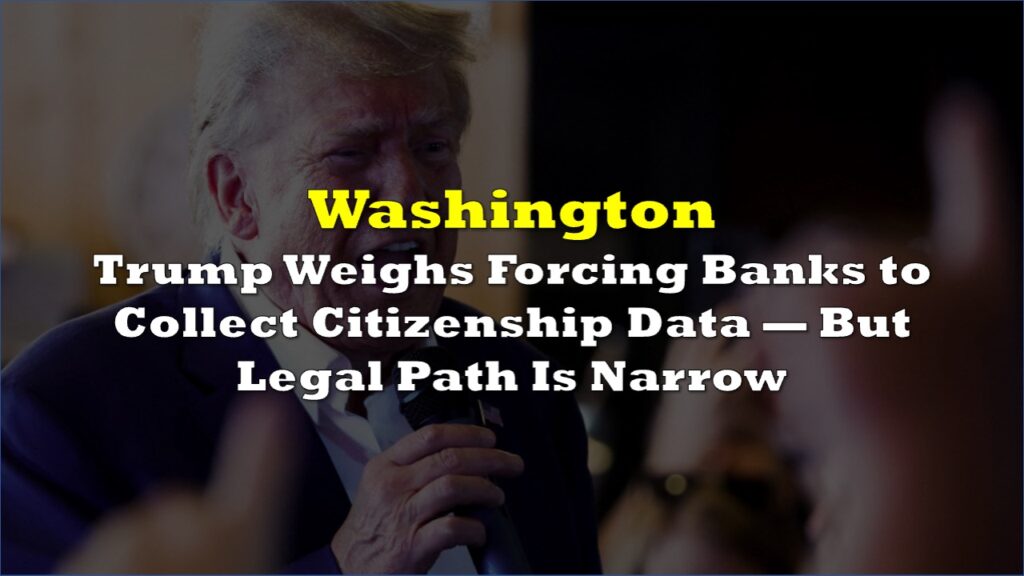The Trump administration is preparing to rescind the Biden-era “AI diffusion rule,” an export control framework that divided countries into three tiers of chip access.
Set to take effect on May 15, the policy was aimed at curbing indirect semiconductor flows to China, but it now faces a rapid overhaul as Trump’s team drafts a new, bilateral-focused approach.
According to sources familiar with the plan, Trump officials will not enforce the AI diffusion framework and instead intend to negotiate country-specific chip access agreements, particularly with strategically significant nations like the UAE and Saudi Arabia.
“We will be replacing it with a much simpler rule that unleashes American innovation and ensures American AI dominance,” stated the Commerce Department’s Bureau of Industry and Security.

The tiered system categorized nations by permissiveness: Tier 1 (most open access), Tier 2 (moderate restrictions), and Tier 3 (most restrictive). Nations like the UAE, Malaysia, and India—previously hit by stringent licensing requirements—stand to gain from this rollback, potentially opening the door for renewed AI and semiconductor infrastructure investments. Oracle, for instance, may benefit from the eased limitations as it pursues major data center expansion plans in Malaysia.
However, the move is far from a blanket liberalization. While the repeal offers temporary relief, Trump officials are also preparing fresh curbs for nations like Malaysia and Thailand, accused of diverting chips to China. Restrictions on China itself will remain in place—and have in fact intensified. Nvidia was recently barred from selling its H20 chips in China, resulting in a $5.5 billion writedown.
Nvidia, a vocal opponent of the AI diffusion rule, welcomed the administration’s new direction: “With the AI Diffusion Rule revoked, America will have a once-in-a-generation opportunity to lead the next industrial revolution,” it said in a statement.
Beyond regulatory complexity, the shift signals a strategic pivot to diplomacy-backed tech access. The UAE has pledged up to $1.4 trillion in U.S. tech and infrastructure investment over the next decade—an overture that appears to have influenced the administration’s willingness to engage bilaterally.
Trump is expected to discuss a government-to-government AI chip accord with UAE leaders during his May 13–16 Middle East trip.
Information for this briefing was found via Bloomberg and the sources mentioned. The author has no securities or affiliations related to this organization. Not a recommendation to buy or sell. Always do additional research and consult a professional before purchasing a security. The author holds no licenses.

